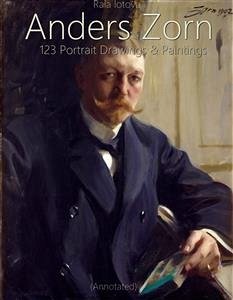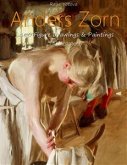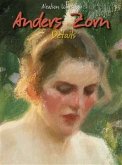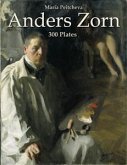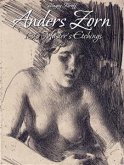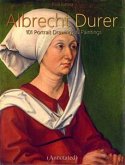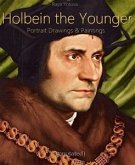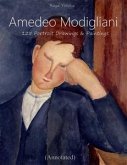This book with introduction and annotations written by Raya Yotova contains reproductions of portrait drawings and paintings by Anders Zorn. Anders Zorn was natural from Yvraden, a rural community of Utmeland in the town of Mora, Dalarna. Zorn learned in the town-school at Mora previous to move in the derivative grammar school in neighborhood town Enkoping. After that he learned painting at Royal Swedish Academy of Arts, Stockholm. Zorn voyaged broadly out of the country, becoming a worldwide triumph as one of the most praised artists of his epoch. As his premature works were regularly bright, shining watercolors, by the end of eighties Zorn had changed definitely to oil paintings. At that time, he and his spouse Emma Zorn had bought terrain near to church in Mora and at this point they shifted a cottage from his motherly grandfather's farmhouse. When they made a decision to go back to Sweden after some years overseas, they began to broaden the small house. This bigger house, Zorngarden, was finished about 1910. Before the Columbian World Fair was arranged in Chicago, Anders Zorn was selected as the administrator of the Swedish art exposition and voyaged to the America. Zorn settled for nearly a year in United States. This journey to the America, the first one of his seven, was extremely significant for Zorn. He liked the way of life of Americans and felt at home in USA. This first tour to the America was as well of huge meaning for his art work. Following trips to the United States were six and the last was in 1911. He usually voyaged through the winter and spring. The one trip was chiefly for enjoyment, but the others incorporated an abundance of art works, generally portraits. Obviously, the high achievements were the orders to portray US presidents. One of the profits of the presidential portrait paintings was a lot of other orders that the painter received in the America.
Bitte wählen Sie Ihr Anliegen aus.
Rechnungen
Retourenschein anfordern
Bestellstatus
Storno

